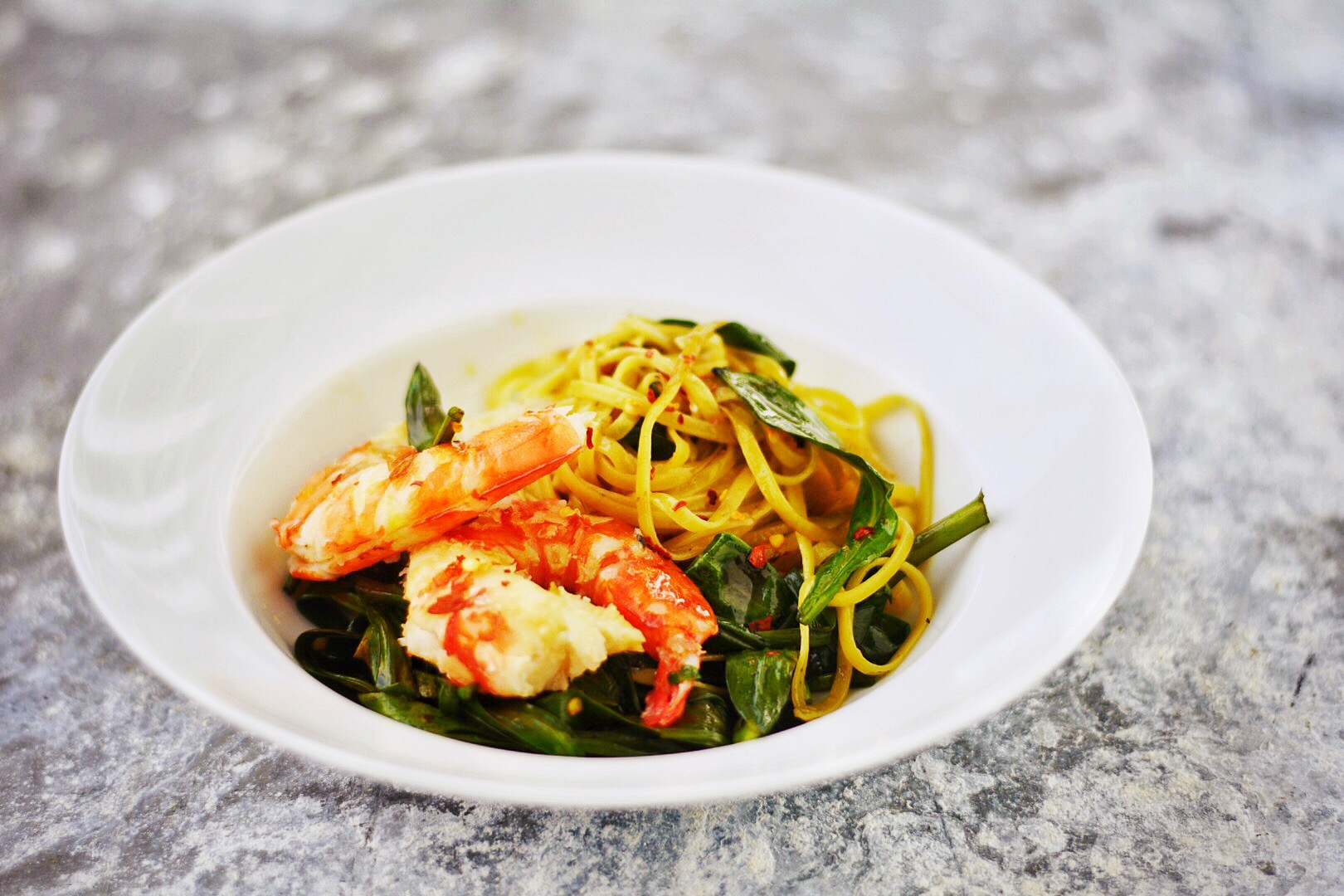
It's a rare occasion that sees me pass a merguez sausage without buying it. Many a night, in the back streets of Toulouse after a hard day at Art college followed by the necessary 'unwinding', I could be found loitering by one of the many 'merguez-frites' vans. The meat may have been dubious, but if you add enough spices to something (and by those spices I also include everything that went in the sangria at Le Chat d'oc) it tastes amazing.
These days, I neither spice myself nor eat dubious things from vans. No matter that eating from a van or a skip is the height of fashion, and far be it from me to not appear as a man about town, full of a la mode encounters, I prefer to have a cosy night in knowing that what I'm eating is of du bon provenance, as it were. And besides, the idea of eating on a cold London street is frankly quite beyond the pale for a man of my age.
The newly opened butcher's shop down the road from us knows each farm that supplies their meat, if not each animal they slice up in the brightly lit back of the shop in the village. If things aren't up to scratch, they don't stock them. This gives me confidence in them, they really seem to care.
A large vitrine looks into the chilly fridge as you walk in the front door, framing the animal version of a gruesome Mafia scene and a pale red neon glow gives a rather voyeuristic feel to the whole set up. I ask for some bones for the dog, stock up on chicken and beef then spot the merguez. Ben, the tatooed and bearded man with the cleaver hands me the bag of body parts meat and I slowly, smilingly, back out of the shop and drive home through the leafy sun-dappled streets of Dulwich.
Back home, the dried butter beans(*) go into a bowl, covered with boiling water and soak for an hour before cooking. And I cook them in chicken stock made from Fosse Meadow farm birds until soft and velvety. Stirring through a good handful of parsley and a large pinch of dried mint I then pour in a lot of olive oil and leave the beans to quietly cool in a corner of the kitchen.
Later I will grill the merguez until oozing red oil comes out and the skin starts to crisp. The egg yolk(**) I've kept back from the stock clarifying is perfect for the rouille to go on top. All it takes is some toasted cumin seeds(***), ground to a powder with some saffron(*****), a couple of small garlic cloves(*****) and some salt(******). The olive oil(******) goes in a thin stream into the mortar as the egg yolk breaks golden into the spices. Thickening slowly it will add a hit of flavour to bring the sausage and beans together like a sun-tanned priest at a wedding.



*From Madagascar, apparently. For some reason or other I'm sure.
**From a nice farm in the Cotswolds.
***Packed in the UK, apparently. What a weaselly thing to say.
****From La Mancha. Saffron Panza de la Mancha. A quixotic strand.
*****French. I think.
******This, of course, is from Maldon.
*******La bella Liguria. This is really all over the place isn't it?




